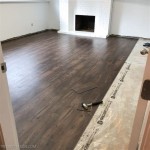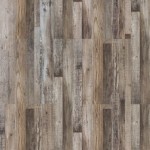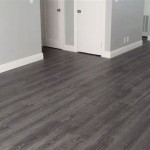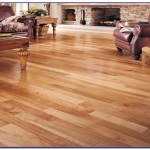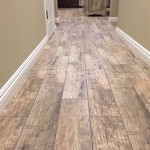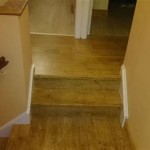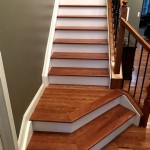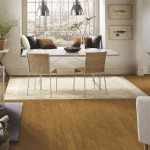Thin Brick Flooring Cost: A Comprehensive Guide
Thin brick flooring has gained immense popularity due to its durability, aesthetic appeal, and versatility. However, determining the cost of installing thin brick flooring can be a challenge. This comprehensive guide will break down the various factors that influence the cost, providing you with a clear understanding of the expenses involved.
Material Costs
The material costs of thin brick flooring vary depending on the type of brick, size, color, and finish. Natural clay bricks are typically more expensive than engineered bricks, while handmade bricks can command a premium price. The size of the bricks, such as 2x8 or 4x8 inches, also affects the cost. Additionally, specialty colors and finishes, such as glazed or textured surfaces, can add to the overall material cost.
Labor Costs
Labor costs are a significant factor to consider when installing thin brick flooring. The complexity of the installation, the size of the area, and the availability of qualified installers in your local market all influence the labor cost. Professional installation is recommended to ensure proper leveling, adhesion, and grouting, which can add to the overall cost.
Underlayment and Grout
In addition to the brick and labor costs, underlayment and grout are essential materials required for the installation. Underlayment provides a level and stable base for the bricks, while grout fills the joints between the bricks and enhances the durability of the flooring. The type and quality of underlayment and grout can impact the cost.
Additional Expenses
There are additional expenses that may arise during the installation of thin brick flooring. These include demolition and removal of existing flooring, waterproofing and sealing of the subfloor, and specialized tools or equipment required for cutting and laying the bricks. It's crucial to factor in these potential costs when budgeting for the project.
Cost Considerations
Several factors can affect the overall cost of thin brick flooring, including:
- Square footage: The area of the space to be covered will directly impact the material and labor costs.
- Location: Geographic location can influence material and labor costs due to transportation and availability of resources.
- Complexity: The complexity of the installation, such as patterns or intricate designs, can increase the labor costs.
- Time of year: Installation costs may vary depending on the time of year, with peak season typically incurring higher rates.
- Permits and inspections: Some localities require building permits and inspections, which can add to the overall cost.
Cost Estimates
The cost of thin brick flooring installation can range widely depending on the factors discussed above. As a general guide, you can expect to pay between $15 to $40 per square foot for materials and labor. However, it's always recommended to obtain detailed estimates from qualified contractors in your area to determine the most accurate cost for your specific project.

Authentic Brick Floor Tiles Experienced And Stone

How We Diy D Our Thin Brick Floors Tools And Materials List The Minted Vintage

Authentic Brick Floor Tiles Experienced And Stone

Chicago Antique Thin Brick Veneer Farmhouse Flooring Sq Ft

Herringbone Brick Paver Floor Wildfire Interiors

Brick Flooring Tiles Thin Walls Floor Tile

Thin Brick Veneer By Portstone

Entryways And Hallways Inglenook Brick Tiles Pavers Thin Tile Floor

Herringbone Brick Paver Floor Wildfire Interiors

How To Install Herringbone Brick Floor Tile Jenna Sue Design
Related Posts

